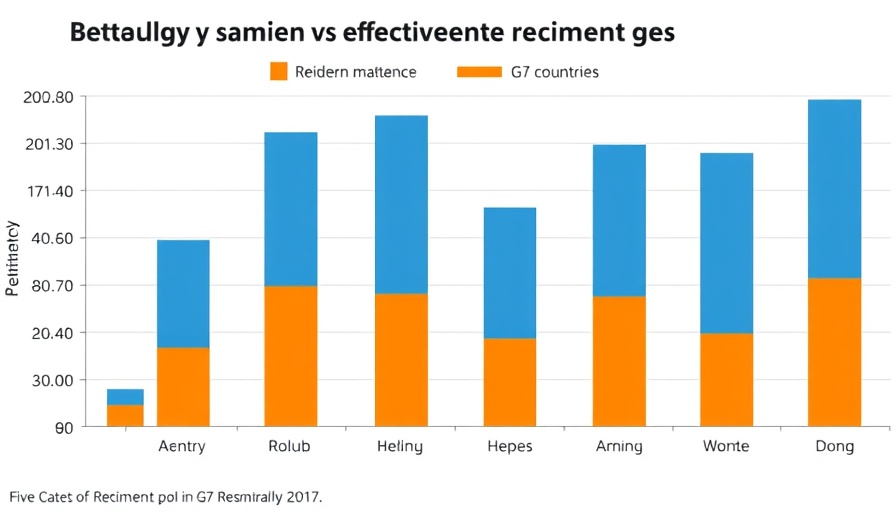
Judge's Ruling Redefines Workplace Accommodations
A recent ruling by federal judge David C. Joseph has shaken the foundation of workplace rights regarding pregnancy-related accommodations. The judge vacated a segment of the Biden administration's EEOC rule, which had mandated that employers provide accommodations for workers choosing to have elective abortions. This decision comes in light of increasing judicial scrutiny on regulations defined under the Pregnant Workers Fairness Act (PWFA).
Understanding the Pregnant Workers Fairness Act
The PWFA was established to safeguard the rights of pregnant workers by ensuring they receive necessary accommodations in their work environments. It includes provisions for childbirth, related medical conditions, and now, previously, abortion. However, the term "related conditions" was challenged—leading to the recent vacating of the EEOC's regulations. Employers were preparing to comply with a rule set to take effect in June 2024, but the judge's recent ruling puts that timeline in jeopardy.
The Implications for Employers and Employees
This ruling raises significant questions about the nuances of employee performance and human resource strategies. With employee retention strategies and workplace culture at stake, CHROs and CEOs must consider how to navigate this turbulent landscape. While the ruling specifies that terminations due to medical complications still require accommodations, it creates a divide for elective procedures.
People-First Leadership in a Changing Landscape
In this evolving situation, fostering a high-performance culture will become increasingly challenging yet more vital than ever. Establishing transparent communication regarding employee rights and ensuring compliance with the remaining PWFA provisions will be crucial. Human resource leaders should integrate robust workforce strategies and metrics to safeguard a people-first leadership approach.
Looking Ahead: Adaptive Strategies for HR Leaders
As the EEOC revises its regulations, leaders in HR and operational roles must be proactive in adapting to ensure that their organizational health remains intact. Balancing compliance with employee engagement and morale will challenge many. With foundational principles like succession planning and leadership development remaining critical, organizations must also explore new avenues for employee optimization amidst legal uncertainty.
In summary, as businesses face the repercussions of this ruling, it is essential for leadership teams to remain agile and informed. Keeping the lines of communication open with employees about their rights will foster a resilient, high-performance culture where everyone feels supported.
For CHROs and operational leaders, understanding these shifts and adapting workforce strategies is imperative for forging a supportive work environment. Prepare for changes that could affect employee engagement and retention, as this evolving legal landscape will ask leaders to rethink existing policies.
 Add Row
Add Row  Add
Add 




Write A Comment